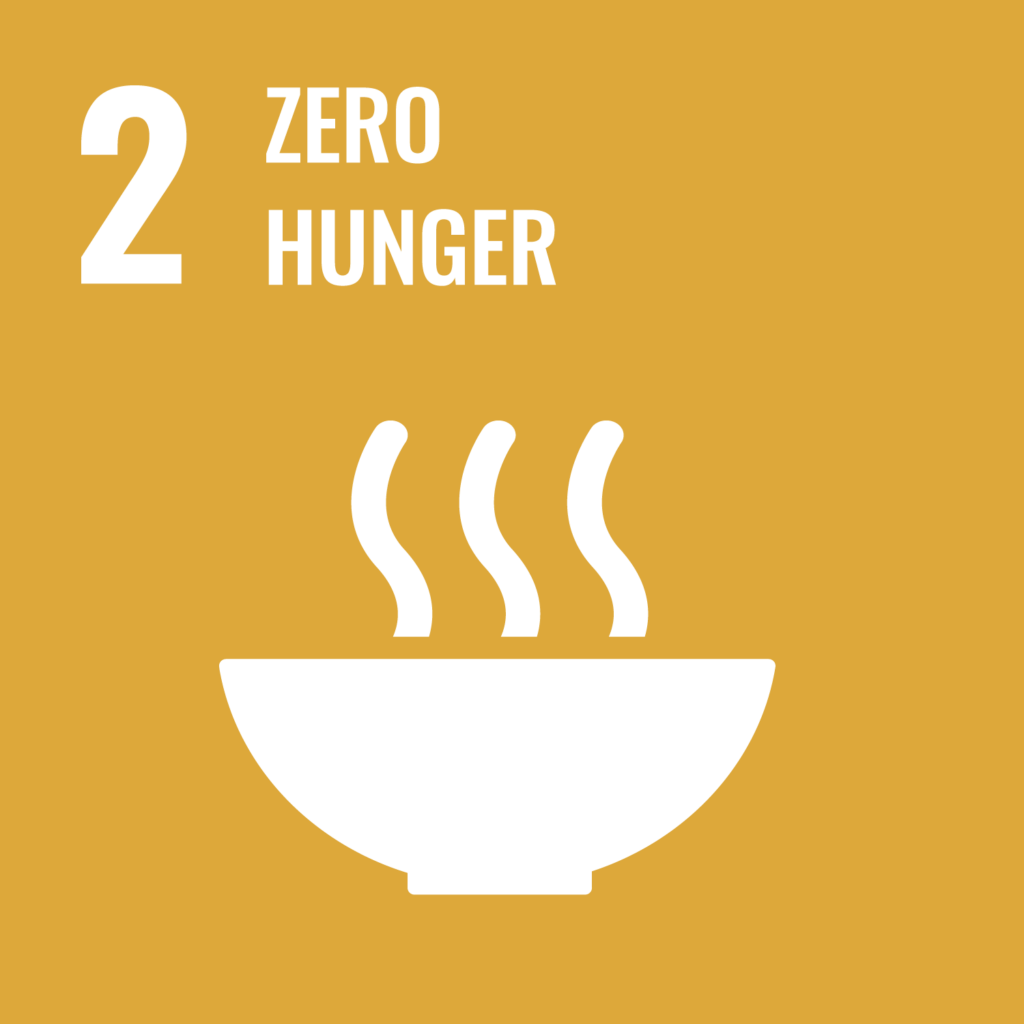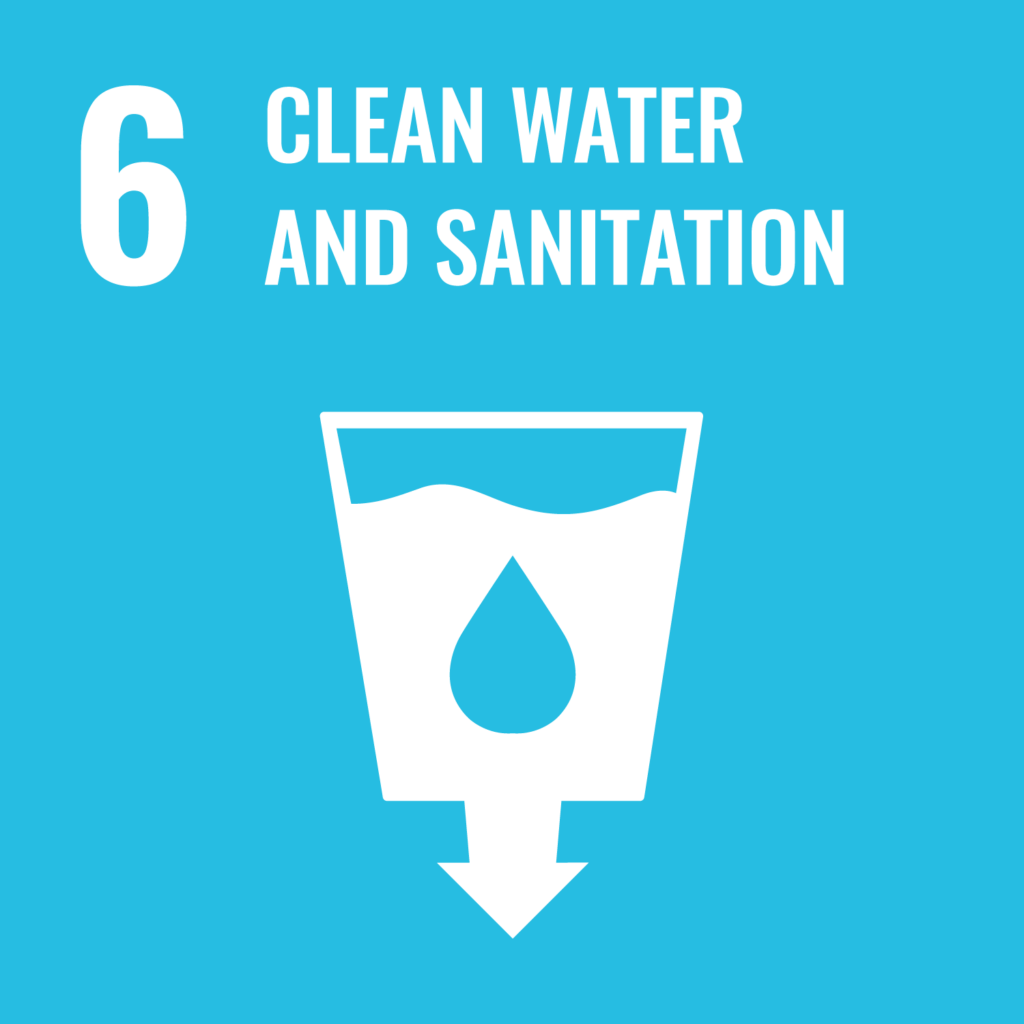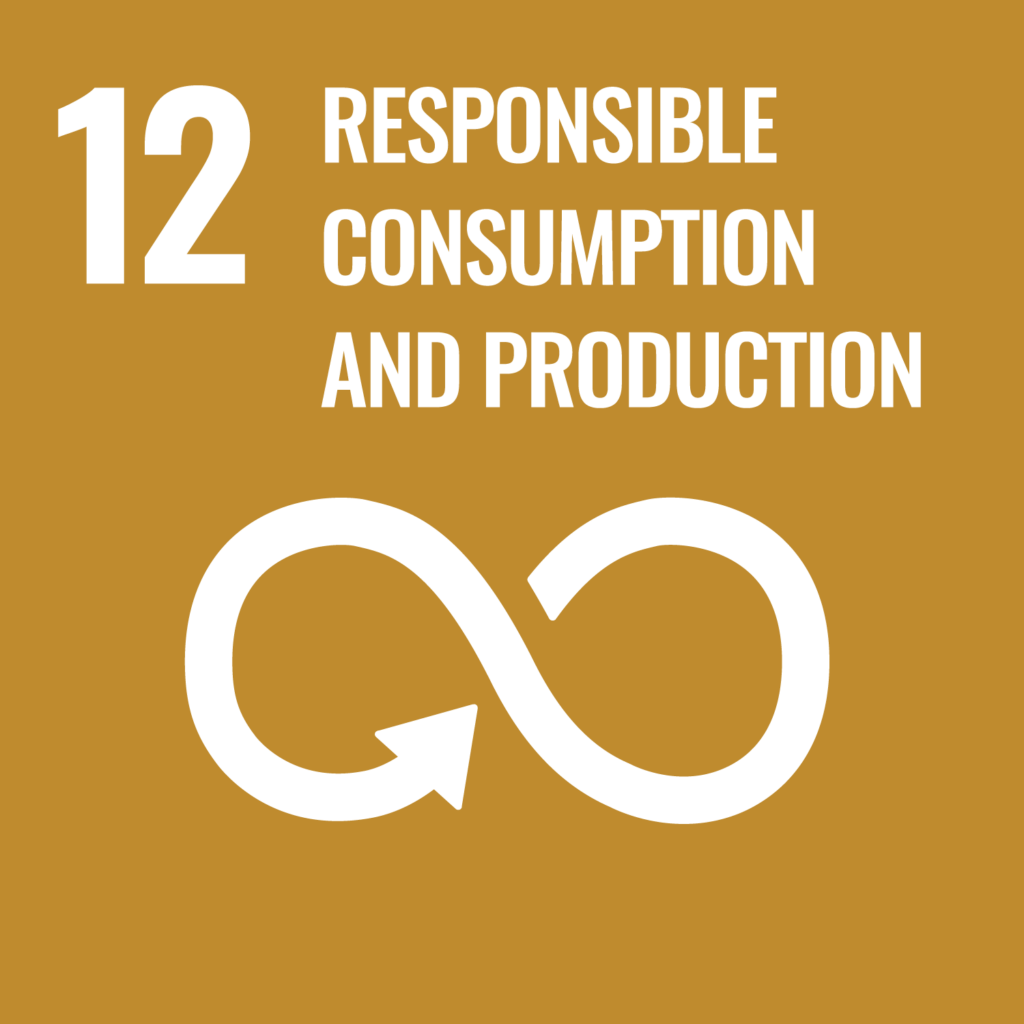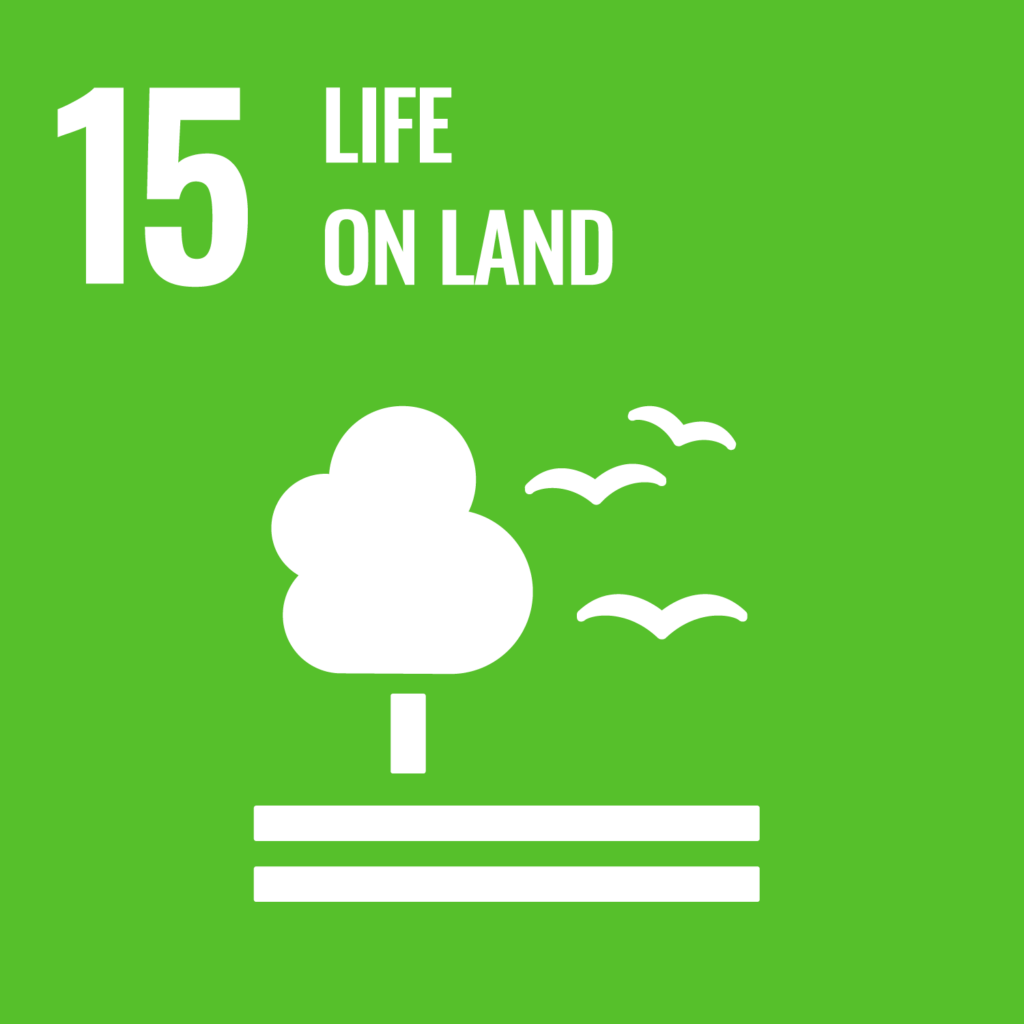Home Case Studies Regenerative Agriculture Project in South Africa
Regenerative Agriculture Project in South Africa

Home Case Studies Regenerative Agriculture Project in South Africa

Regenerative agriculture is a holistic farming approach that aims to improve soil health, enhance biodiversity, and promote ecological resilience while also producing food. The basic principle of regenerative agriculture is to work with the natural systems rather than against them. It is an effective way of reducing greenhouse gases by turning the soil into a carbon sink and removing CO2 from the atmosphere.











AgriCarbon™ is South Africa’s leading carbon programme which assists and pays farmers for their carbon credits that they generate from their sustainable land management practices.
Since 2021, over 100 farmers have enrolled across 8 of our 9 provinces and the programme continues to grow.
AgriCarbon™ is distinguished by its:
The vision for AgriCarbon™ is to continue to push the boundaries for quality and integrity, which earns the trust of farmers and the trust of the credit buyers within the carbon markets.
The adoption of sustainable land management practices by farmers results in the removal of carbon dioxide from the atmosphere, which can be monetised through the sale of carbon credits. These credits provide a source of revenue for farmers to finance the capital investment needed to transition to regenerative farming, creating a positive impact on both the environment and their bottom line.
Underpinning the AgriCarbon™ programme’s success are partnerships with agricultural consultancies, research organisations, monitoring & evaluation service providers who work closely with our farmers to support their sustainability journey while increasing yields and decreasing inputs.
In addition, we are a founding member of ICROA, the internationally recognised organisation that monitors our working methods annually. This independent audit process, together with our expertly chosen certified climate projects, guarantees reliable offsetting.




To learn more about AgriCarbon™ please visit agricarbon.co.za or contact us.